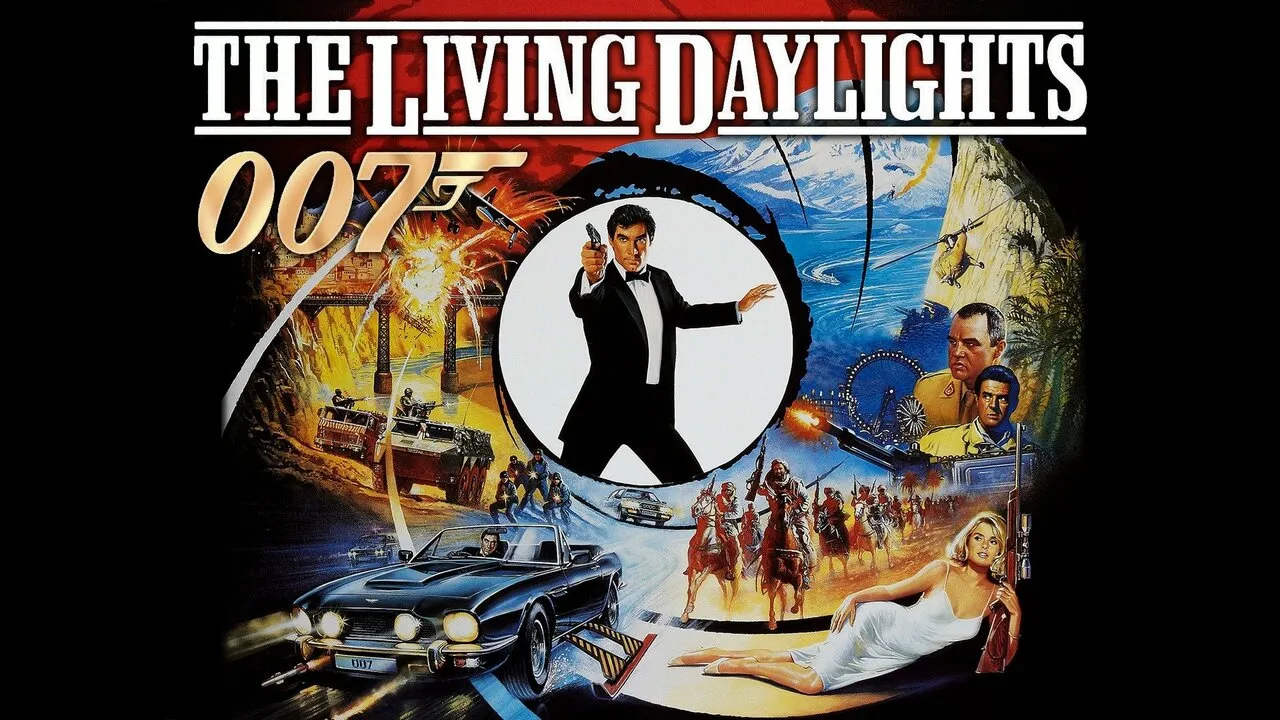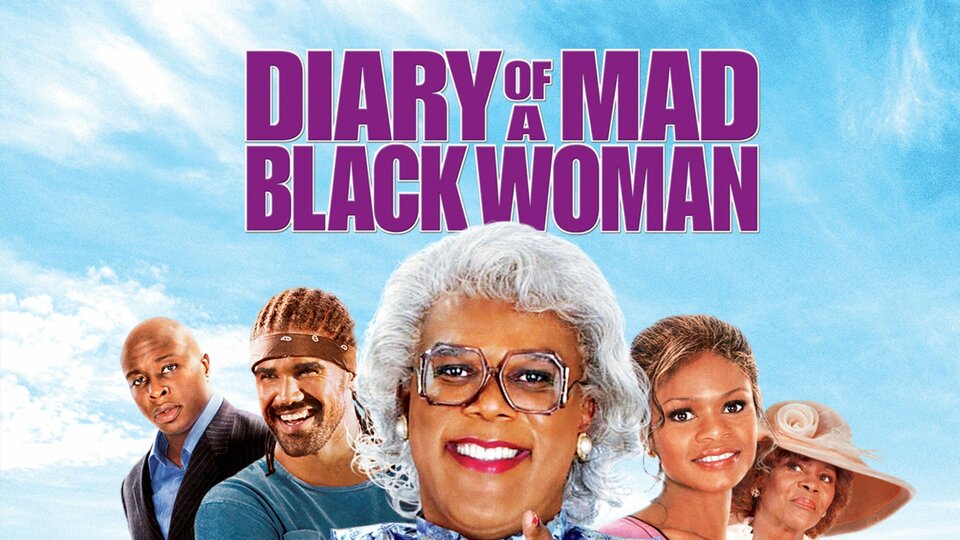The Hurricane (1999): A Compelling Portrait of Injustice, Redemption, and Resilience
The Hurricane, directed by Norman Jewison and released in 1999, is an emotionally powerful dramatic biopic chronicling the real-life story of Rubin “Hurricane” Carter. Carter was a strong and charismatic middleweight boxing contender who was wrongfully convicted of a triple homicide in Paterson, New Jersey, in 1966. The film delves deeply into themes of justice, racial prejudice, perseverance, and the redemptive influence of human compassion.
The narrative unfolds by tracing Carter’s rise in the boxing world. His confidence, natural talent, and intense presence in the ring promise a future as a champion. But Carter’s career and freedom are destroyed when he and his friend John Artis are arrested and subsequently convicted for the murders at a local bar—crimes Carter and Artis vehemently maintain they did not commit.
Once behind bars, Carter becomes an emblem of resistance against injustice. The film captures the brutal and dehumanizing realities of prison life, yet maintains Carter’s integrity, pride, and refusal to succumb to despair. His defiance becomes ever more poignant as the story shifts geographically and spiritually.
Enter Lesra Martin, a young Canadian student who discovers Carter’s autobiography. Moved and outraged, Lesra spearheads a grassroots campaign alongside his friends and mentors in Canada. This diverse coalition—including figures like Sam Chaiton, Terry Swinton, and Lisa Peters—lobbies tirelessly for a retrial, uncovering inconsistencies, unreliable testimony, and prosecutorial misconduct. Their unwavering dedication culminates in a historic reopening of Carter’s case and a federal judge overturning his conviction in 1985, after nearly two decades of imprisonment.
Central to the film’s impact is Denzel Washington’s masterful performance as Rubin Carter. He injects authenticity and emotional complexity into the character—capturing Carter’s fierce intellect, raw frustration, moments of vulnerability, and unbreakable spirit. His portrayal earned an Academy Award nomination and is widely regarded as one of the pinnacles of his storied career.
Visual storytelling in The Hurricane remains grounded and intimate. Cinematographer Roger Deakins employs a muted, realist palette that avoids melodrama, instead amplifying the emotional stakes and psychological landscape of Carter’s world. The boxing sequences are raw and gripping without feeling gratuitous, serving as metaphors for Carter’s internal battles just as much as for literal ones.

Supporting performances, especially from the cast portraying Lesra Martin and the Canadian advocates, inject heart and moral urgency into the storyline. These characters provide contrast to Carter’s suffering and underscore the film’s message about the importance of solidarity, empathy, and international support in confronting injustice.
Critically, The Hurricane was well-received. Audiences and critics praised its emotionally resonant narrative, Washington’s hauntingly strong performance, and its unflinching look at systemic racism. While some pointed out that the film takes dramatic liberties and streamlines complex legal history, most agreed that its emotional truth and moral clarity justified these choices.
Financially, The Hurricane performed solidly at the box office. Though it was recognized with only one Academy Award nomination (Best Actor), the film’s legacy transcends accolades. It endures as a poignant work that shines a light on a grave miscarriage of justice and highlights the profound impact determined individuals can have in correcting history’s wrongs.
More than twenty years after its release, The Hurricane remains a powerful cinematic testimony to the resilience of the human spirit, the search for truth, and the transformative power of hope and collective action.



